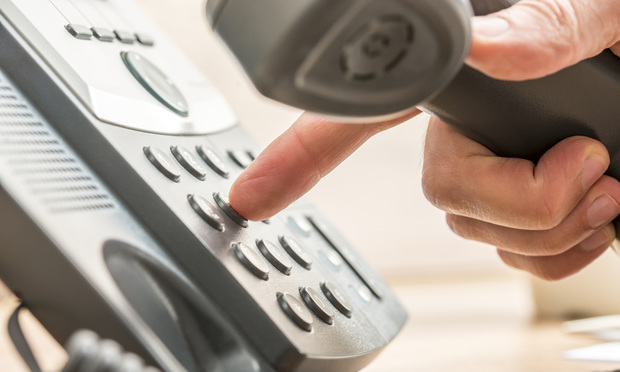In a matter of weeks, the legal community adjusted to presenting cases remotely. In consideration of pandemic public health limitations, the Appellate Division chose to primarily employ telephonic arguments until the end of the court year. Although there is great debate about whether available alternative processes provide the same impact as personal appearances, there is no question the strategy for effective telephonic arguments differs greatly from a those delivered from the courtroom podium. But don’t let the medium impede your advocacy. Instead, develop the appropriate skills for the telephonic forum. Here are our suggestions on how to adjust in order to maximize your effectiveness.
Appellate jurists universally agree that the best advocates are those who converse with the court. In doing so, advocates identify errors requiring review, candidly respond to posed questions, recognize appropriate relief, and articulate the impact if relief were granted. On the telephone, counsel and the court are deprived of nonverbal cues, such as head nodding, notetaking or facial expressions of confusion, disagreement or interest. Understand, the absence of visual stimuli makes it harder to sustain concentration as you listen on the telephone. It is counsel’s job to keep the judges engaged.


 Photo credit: Gajus
Photo credit: Gajus




